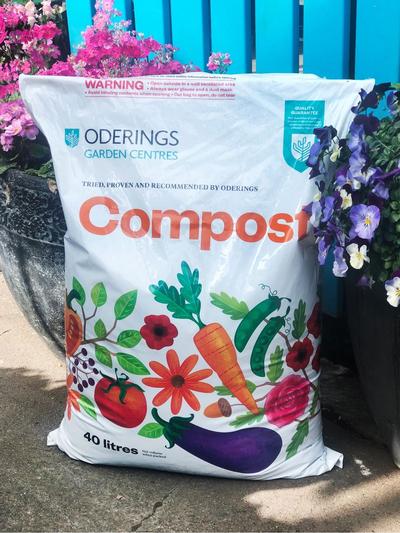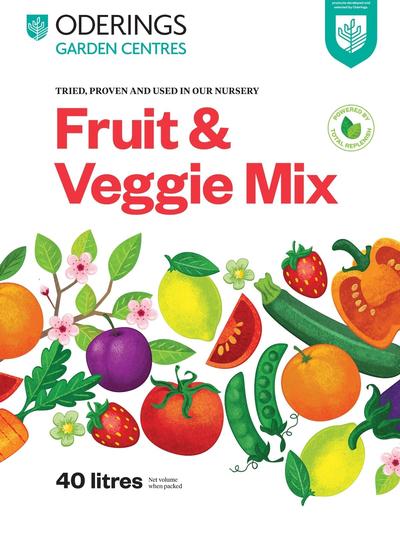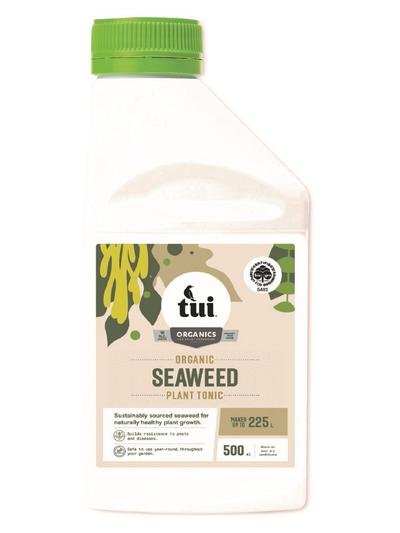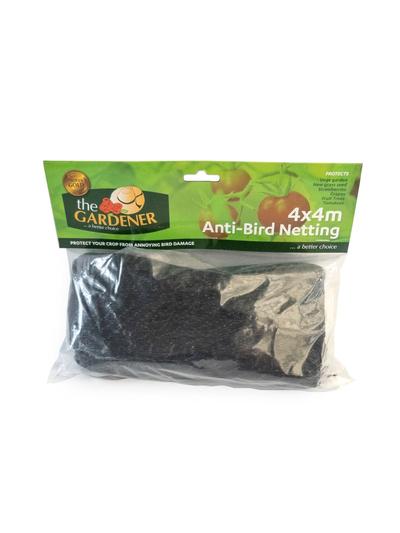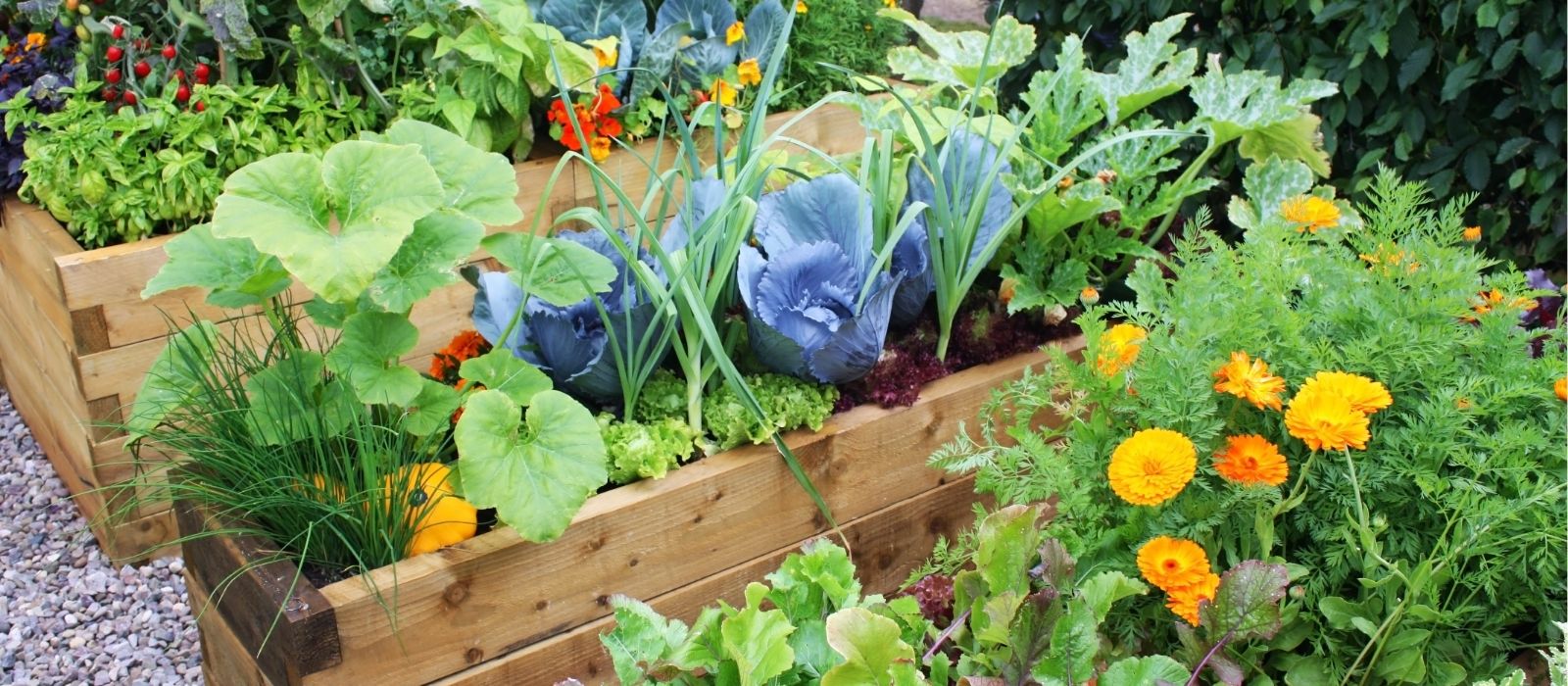
Prepare Soil
Garden: Healthy soil is the foundation of a successful veggie garden. Incorporate compost, sheep pellets, and lime (especially for brassicas) to boost fertility, improve structure, and support plant health.
Pots: For container gardening, use a well-draining, nutrient-rich potting mix. To maintain fertility, regularly refresh the soil with compost or organic matter.
Feed
Garden: Feed your veggies regularly with products like ‘Oderings Garden Replenish’ for a nitrogen boost, ‘Tui Seaweed Plant Tonic’ to support healthy roots and growth, and ‘Ocean Grow’ for an all-purpose fish fertiliser. For brassicas, lime is key to ensuring robust, healthy plants.
Pots: Use a balanced fertiliser suited to container plants. You may also want to apply ‘Blood & Bone’ for added phosphorus to encourage strong root development and healthy growth.
Watering & Mulching
Water your plants regularly, ensuring deep watering, especially during dry spells. Apply mulch around your veggies to retain moisture, keep soil temperatures consistent, and suppress weeds. Mulching is especially important for fruiting crops like tomatoes and strawberries, which need stable conditions to thrive.
Protection
Set up crop cover to protect your veggies from pests like insects and birds. Regularly inspect your plants for pests and diseases and remove any weeds. Keep an eye on plants that are going to seed, as they can lose flavour. While you can leave them to feed the bees, removing them will prevent the plants from becoming too bitter.
Harvest
Harvest your veggies when they are mature and at their peak flavour. Watch for signs that plants are going to seed, as this usually means the plant is shifting energy into reproduction rather than growth. The taste may decline at this stage, so it's best to pick your produce while it's still young and tender.
Garden Expert Tip
For new gardeners, start with easy-to-grow, leafy vegetables like spinach, lettuce, and broccoli. These are forgiving and will help you build confidence before moving to more challenging crops like tomatoes or peppers. Don’t forget to regularly refresh the soil with compost and other organic matter to keep your garden thriving.


